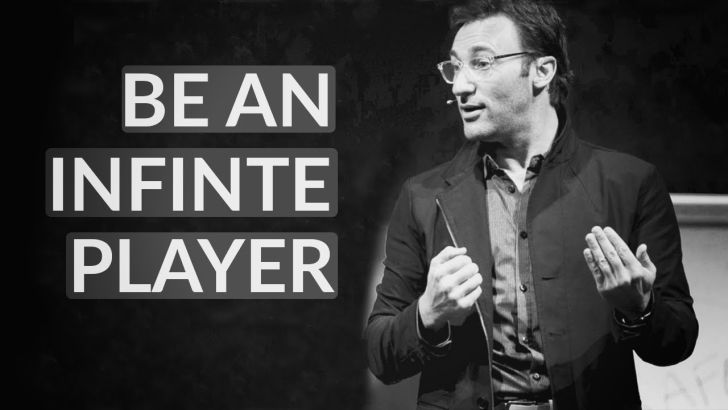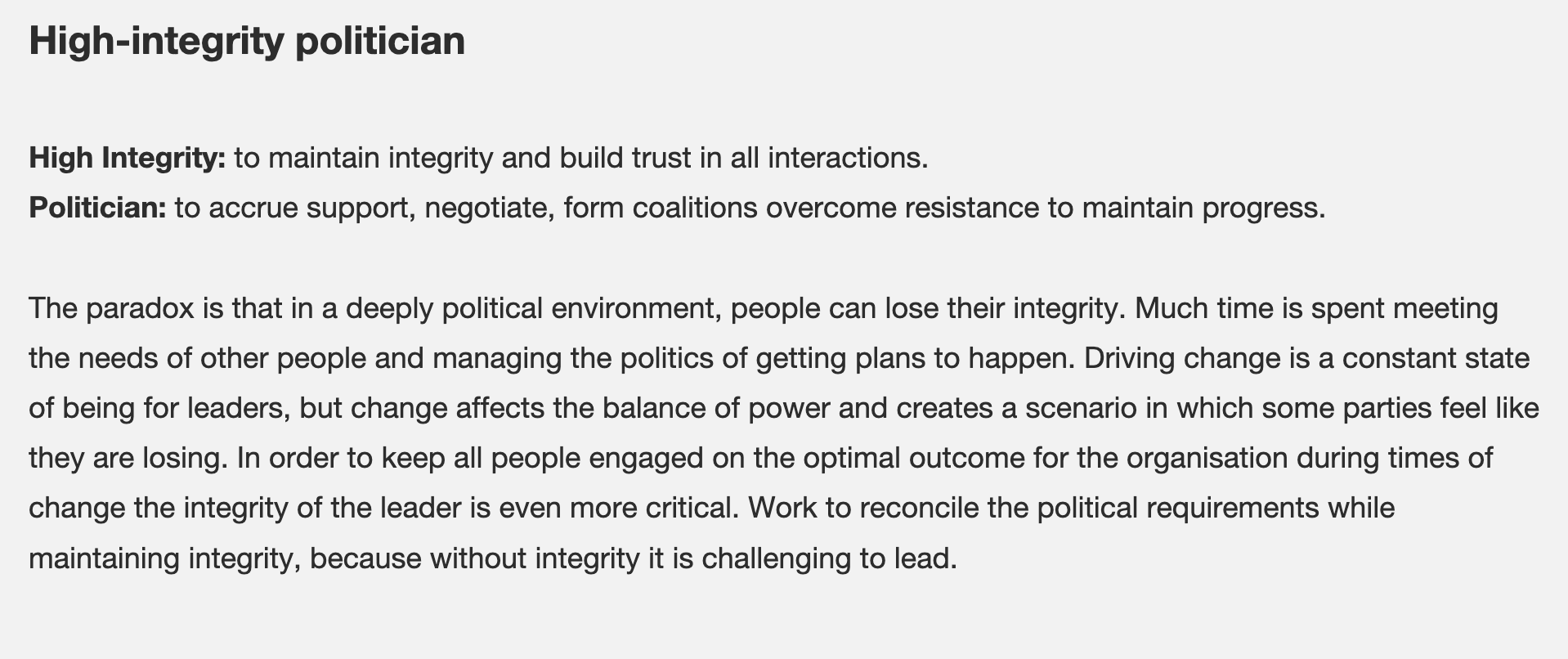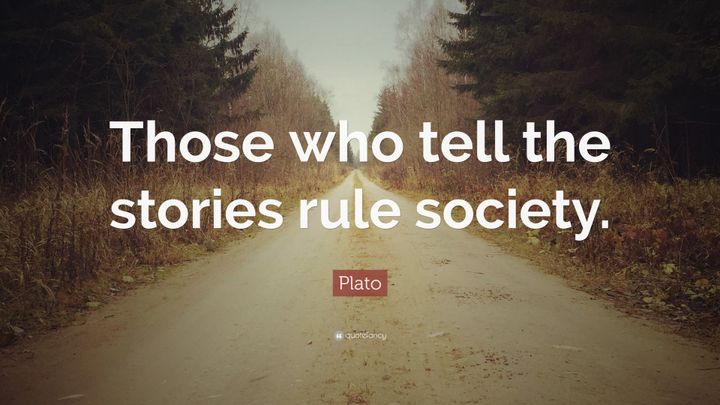Why be Political?
Politics For Nerds - Episode 2

As we’ve seen in the previous post, politics is nothing sinister. It is a very normal part of an organisation where humans gather to take decisions. All so neat and clean no?
But wait, if that’s the case then WTF is up with the slimy, corrupt, selfish, venal rogues we’ve come to know and love in public life? That’s politics too, right?
It is, yes. There are two politics.
There is one kind of politics which is about building organisations that have a clear view of reality and the ability to adapt to it correctly. In national politics this is best described my mottoes like ‘the greatest good for the greatest number’ and is embodied by all the idealistic young men and women who join politics or the civil services with the desire to wield their political power for good.
But alas, as we shall never tire of seeing, power corrupts and invariably politics becomes about cynically manipulating people for selfish benefit, almost always accompanied by a net loss to the organisation. This is the politics of people like Frank Underwood.
The thing is that humans, as beautiful as they are, made in the image of their Creator and what not, they suffer from a bunch of fatal flaws — insecurities, jealousy, lust, addictions, a susceptibility to flattery, hunger for love (for which they often substitute unconditional obedience, as seen in the recent Twitter saga playing out in full view of the world) and so on. And since humans take decisions while under the influence of their many flaws, these can then be weaponized by a political opponent to their own selfish ends.
There is no way to deliver the promises of the first kind of politics without being aware of the threats posed by the second type. It is a poor engineer indeed who builds systems without an accurate model of their adversaries. Just like you secure your computer systems against script kiddies and black hats in the pay of nation states alike, so must we also secure our political systems against those who would subvert them for selfish ends.
As a wise man once said —
To put it another way, I abhor violence, but I will still ensure that I am good at it.
— Sidu Ponnappa (@ponnappa) November 15, 2022
And at this point you might ask why you wouldn’t instead choose to indulge in the latter kind of politics — do no work, steal credit, ruthlessly decapitate opponents and ascend to the final throne in glory? Well, it’s your choice, I will say.
There has been a lot of ink spilt about ‘ethics’ — it is after all one of the other main branches of philosophy after all — but that’s a little bit out of the scope of the discussion. We do good politics not because we are ‘better’ than anyone else but because unlike them we do not see life as a zero sum game where we can only win when the other party loses. Instead, we see life as one long, infinite game and when one plays infinite games, one plays them differently.
Here’s Simon Sinek talking about this in a little more depth.
Additionally, a reputation for integrity is itself a political asset, making it easier for people to follow one’s lead.

So now that we know what politics is, the different kind of politics at work and an idea of the kind of politics we might choose, let us again look at our original problem — most engineers, and by extension engineering leaders, prefer to be apolitical.


